Finding math everywhere
SMU’s Candace Walkington helps math come alive by connecting it to everyday experiences.
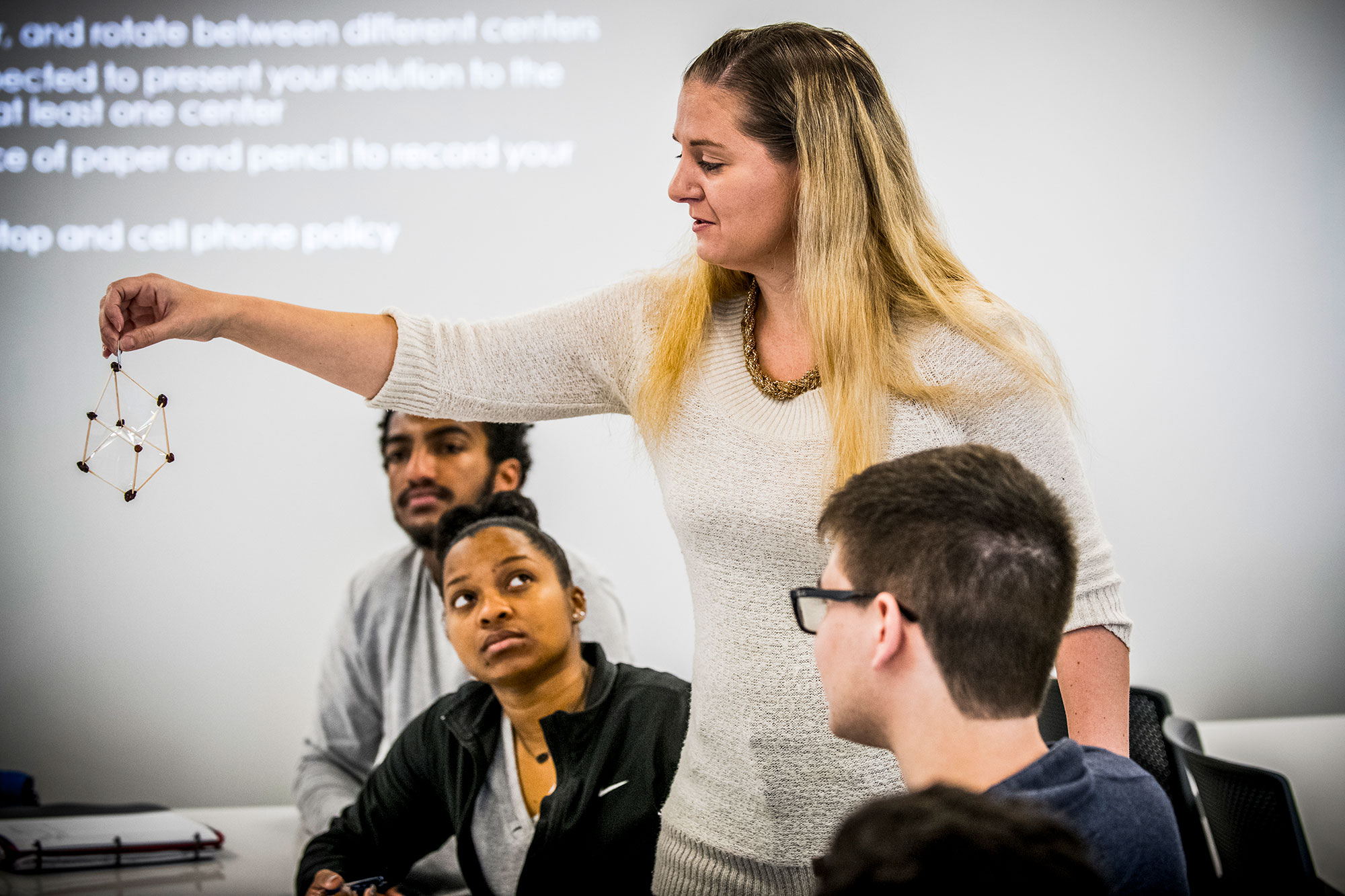
To SMU math curriculum researcher Candace Walkington, the best way for students to understand math is to make it part of their lives.
She’ll use her recent $2.5 million grant from the National Science Foundation to help young learners connect the math principles they learn in the classroom to their surroundings on guided STEM walks at nine locations across Dallas.
“We want to help them look at the world through the lens of math,” says Walkington, associate professor of teaching and learning in SMU’s Simmons School of Education and Human Development.
During the five-year grant, Walkington will partner with talkSTEM, a Dallas nonprofit, to better understand how teachers can support math education outside of school, and the role such experiences play in enhancing math education.
In this research, rather than having kids see math as symbols that exist on a worksheet or on a computer screen, we want them to see it as something that exists in the world all around them – the trees, the buildings, the artwork and the things they use every day.
— Candace Walkington
Researchers will spend the first year of the grant developing the Mathfinder app targeting grades 4–8. The augmented-reality-enhanced app turns a tablet into an interpretive math tool. For example, students on a STEM walk can focus their tablets’ cameras on a building to see mathematical expressions of its angles and shapes appear in their camera feed. The app also will include short videos and directions for STEM walks, Walkington says.
“Mathfinder will give feedback to students on the walks they create and provide data to community partners on how much time students spend at each stop,” says Elizabeth Stringer, director of academics for SMU’s Guildhall video game design program and a co-investigator on the grant.
Related links

The making of a math star
Walkington, a Gerald J. Ford Research Fellow, knows from experience that teacher-student relationships and engaging teaching methods help youth stay invested in mastering the subject.
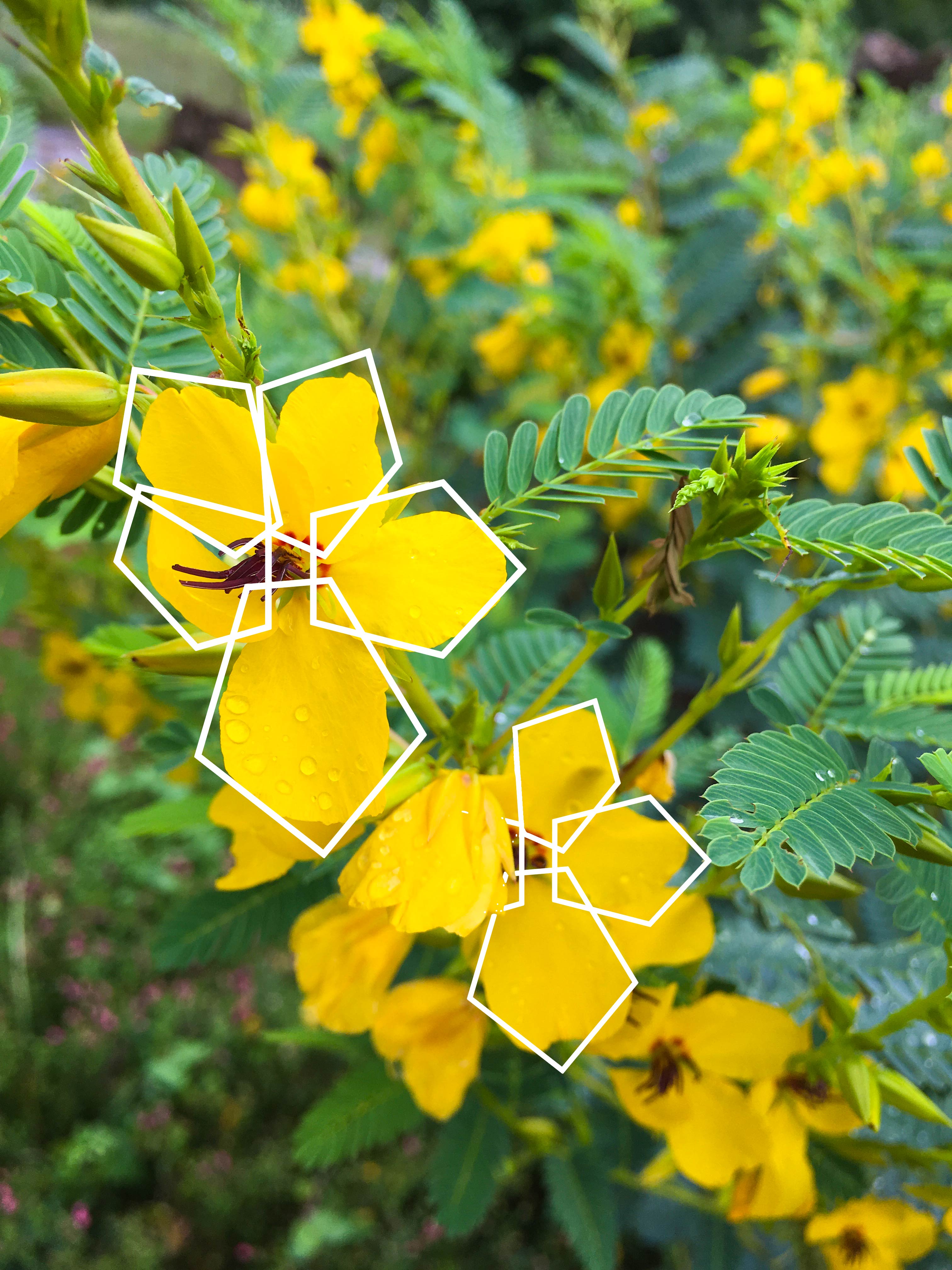
That’s because she, too, was once a middle schooler struggling with math. She managed to get back on track with the help of involved teachers. While studying Algebra II, she started entering math competitions – and winning.
Those early triumphs led to a love that launched an entire academic career – one whose impact ripples out to educators and students everywhere, thanks to Walkington’s numerous grants and projects buoyed by SMU’s strong support of research.
Walkington is currently principal investigator or co-principal investigator on half a dozen active research projects whose funding totals over $11 million. Financial supporters of her work include the U.S. Department of Education and the National Science Foundation.

SMU graduate students help Walkington plan the studies, collect and analyze the data, and write up the results for publication. And since SMU supports students getting involved in research as early as their first semester, Walkington has a team of undergraduate research assistants, too. She also teaches undergraduate classes for future mathematics educators.
While she makes the most of emerging technologies, Walkington put her “math is everywhere” philosophy to the test in a series of videos she made last year while adhering to local shelter-in-place orders during the height of the COVID-19 pandemic. Her “do try this at home” demonstrations used homemade polyhedrons dipped in soapy water to reveal complex surfaces, or geopanes, and turned rubber bands into Barbie doll bungee cords.
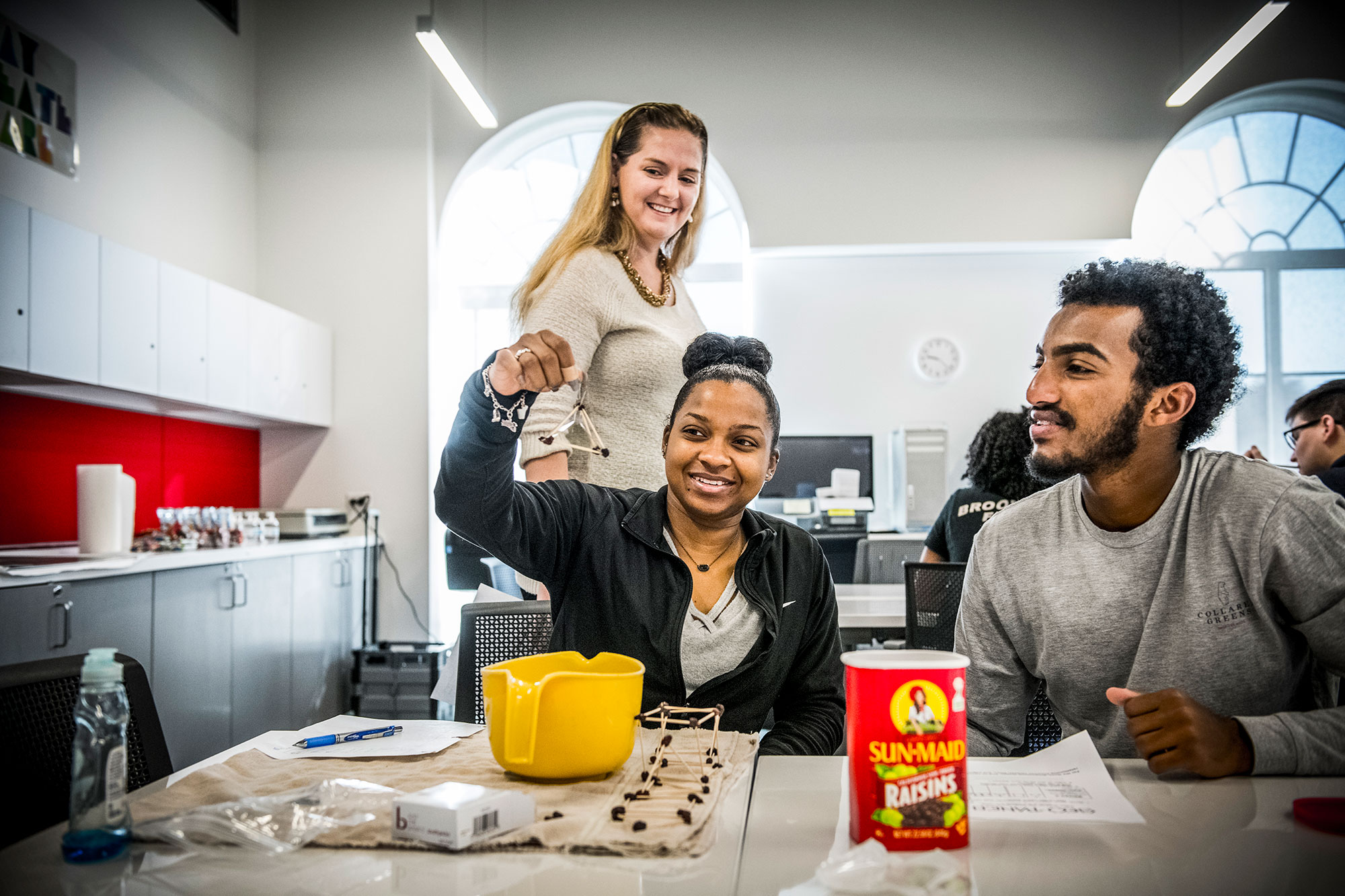
Adding student choices and voices to the equation
Walkington focuses on that tricky time when straightforward calculations of addition, subtraction, division and multiplication give way to the sometimes-murky symbolic math of algebra and geometry.
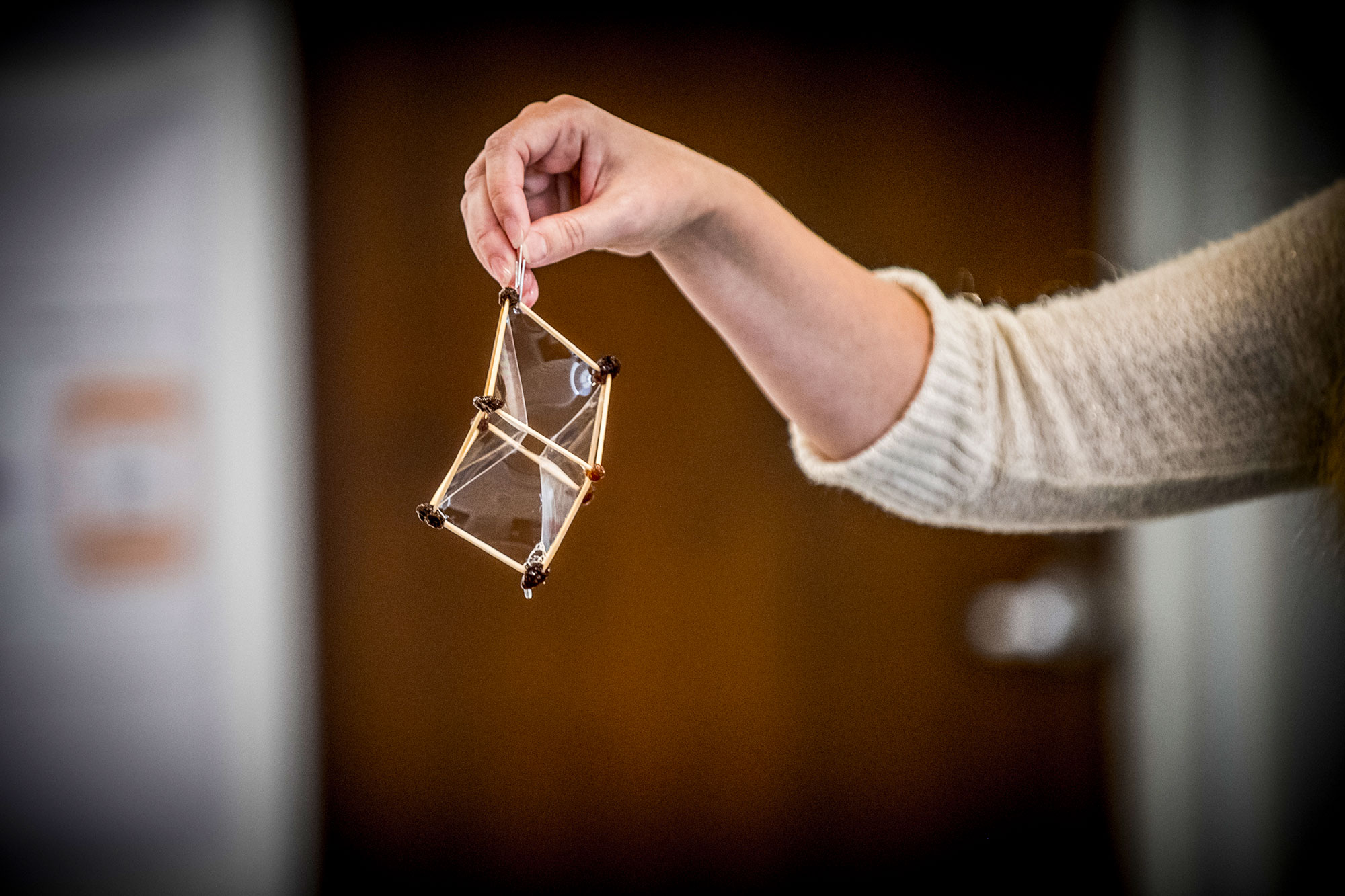
She says the key is to meet kids where their interests are. She points to the mathematics involved in soccer: statistics, scores, tracking teams’ performance over time. And the same goes for social media: analytics, follower counts, likes, engagement.
“So many things are quantified,” she says. “There are really powerful connections to mathematics that can be made.”
At the heart of her work is the idea that students should be in the driver’s seat of their own learning.
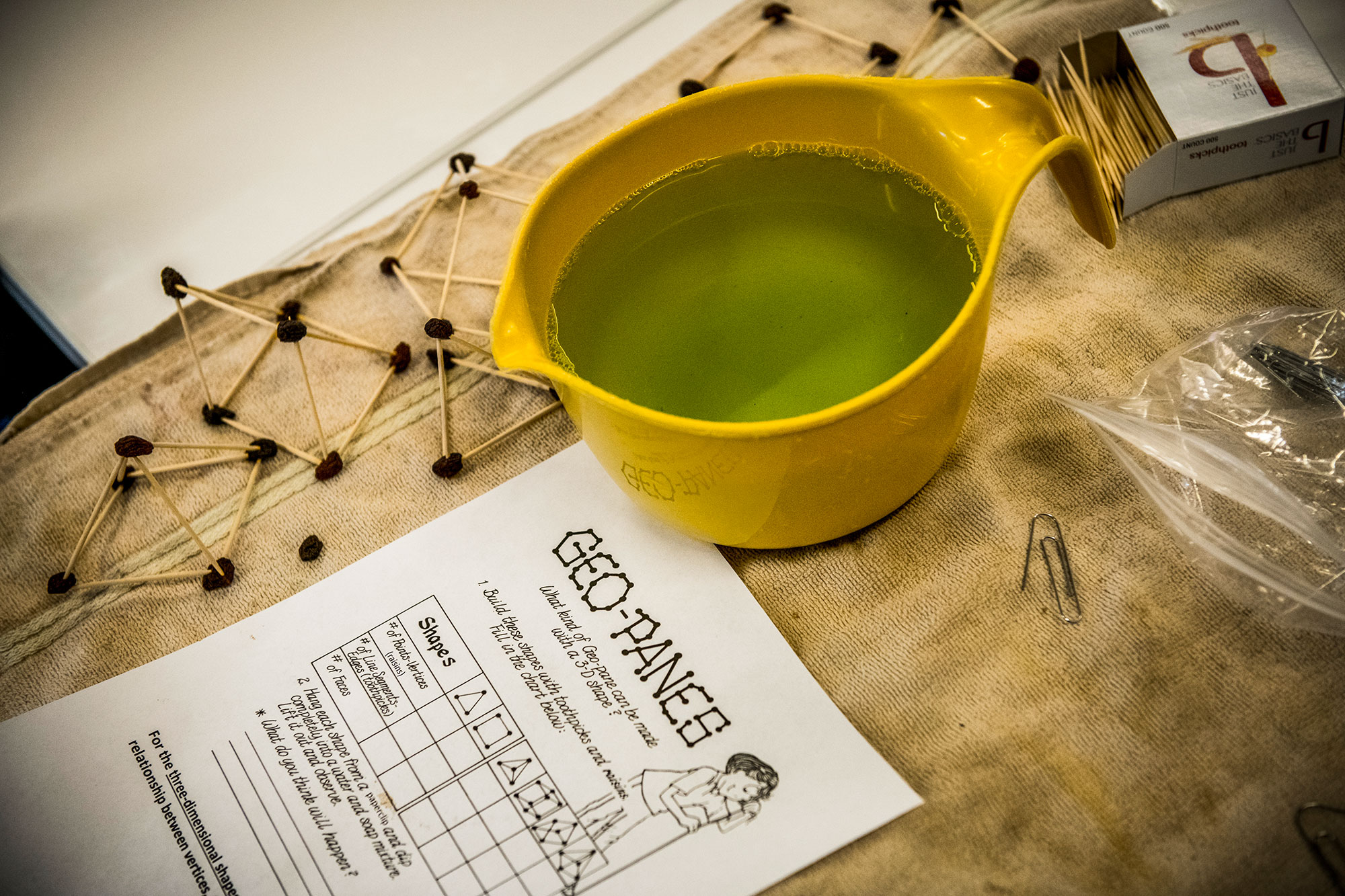
“I would say in the field of STEM education generally, we really believe the way to make instruction relevant is to give students a voice and choice and really authentic ownership over what they’re learning.”
That’s crucial in an age where diversity and inclusion matter more than ever, she says.
“The only way we can honor students’ diversity and really leverage it, and make sure people’s experiences are getting valued and not left out in the math classroom, is to enlist the students themselves as the experts of their interests and their knowledge and their communities.”